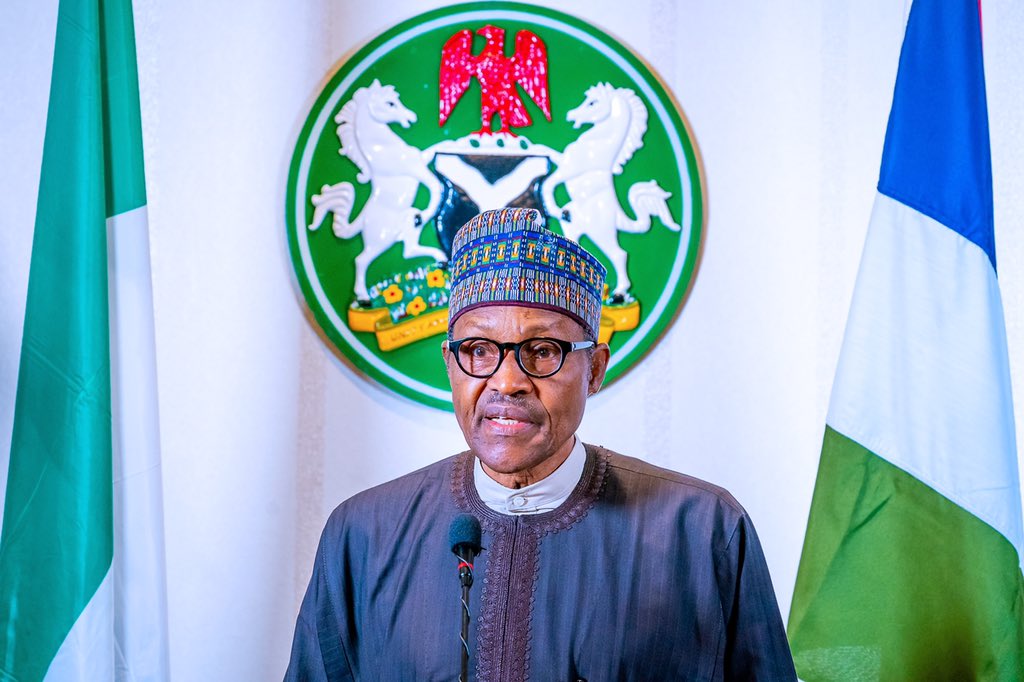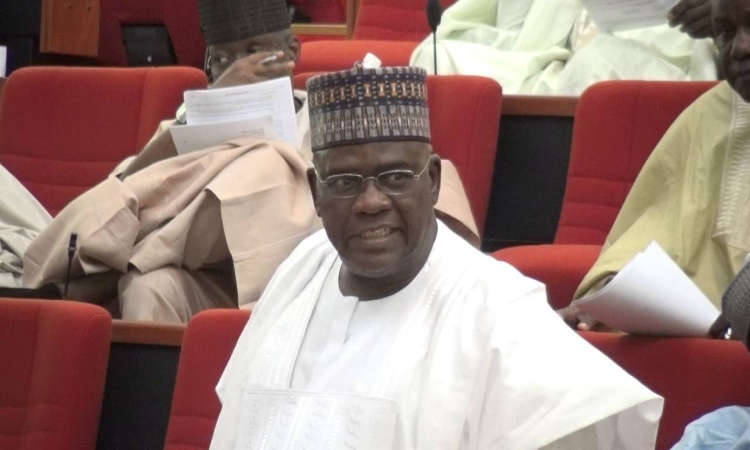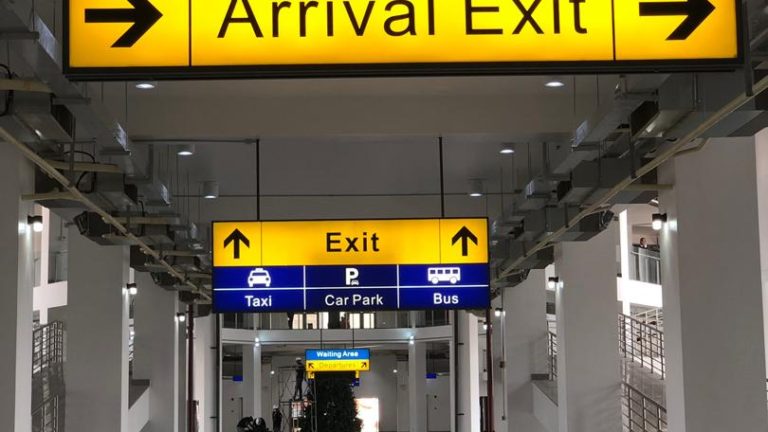BY TIMI OLUBIYI
Electricity is essential to the economic and social lives of any nation. However, Nigeria is a country still overwhelmed and plagued with electricity concerns, from low generation, poor supply to load shedding and rationing, in fact with frequent power outages and this has become the bane of citizenry and entrepreneurs. In addition, the monopoly structure of the electricity market in Nigeria, consumers are often billed for electricity not consumed in the form of ‘’estimated billing‟. Electricity is, therefore, the main infrastructural deficit affecting Small and Medium-scale Enterprises (SMEs) particular those in manufacturing and this is holding back the full economic potential of this very important sector.
Recall, Nigeria’s power sector was previously publicly run but has been privatized since 2005 with the signing of the Electric Power Sector Reform (EPSR) Act which unbundled the old National Electric Power Authority (NEPA). The Federal government has since separated Power Holding Company of Nigeria (PHCN) into eleven distribution firms, six generating companies, and a transmission company. But yet, the sector is rattled with political, commercial, market and consumer-related issues and stakeholder management concerns. In this article, power and energy are used interchangeably to mean the same thing, kindly note.
Nigeria is the largest economy in sub-Saharan Africa ahead of South Africa in the recently released year 2020 data, but with huge limitations and shortcomings in the power sector. Currently, Nigeria has the potential to generate 12,522 megawatts (MW) capacity but is operating at a capacity of only 3,500 MW to 5,000MW which is grossly insufficient. Arguably, Nigeria is estimated to require about 88,282 megawatts (MW) to meet the demand of its fast-growing economy according to experts. This figure was arrived at with the consideration of the key drivers of energy demand, namely population, demography, energy intensities, energy efficiency, and socio-economy activities. The increase in demand for electric power is obvious due to increased population, urbanization, SMEs and greater need for housing electrification.
Advertisement
SMEs in Nigeria typically the manufacturing companies experience power failure severally per week without any prior notice which imposes a huge cost on the value chain, from idle workers, spoiled materials and equipment, lost output, low demand coupled with the costs of providing alternative electricity. All these could lead to an increase in business uncertainties, an increase in operational costs, reduced competitiveness and lower return on investment. The visible truth is that most SMEs lack the capability and financial wherewithal to provide constant alternative energy supply in the absence of steady electricity, unlike the large firms that can easily budget and secure an alternative source of energy supply notably the generating sets.
Unlike the micro and small businesses that are vulnerable to the effect of erratic power supply in Nigeria, most of them are undercapitalized and struggling with survival. Some large firms self-generate their power through independent power plants (IPPs)for self-reliance and steady supply. Recall, Small and Medium-scale Enterprises are central and critical in every human society, the sector is behind the rapid development of countries like Japan, China, India, and Malaysia, etc. However, in Nigeria especially in Lagos State the SME hub of the country, the cost of power supply has been identified as a major factor in determining the sustainability or growth of SMEs in the country. This is because in the SME sector electricity is a major component of the operating cost, from data gathered about 86 percent of the SMEs in Nigeria own or share a generator. More so the following have been identified as issues resultant from the epileptic power supply in Nigeria: low productivity, high cost of operations, poor customers satisfaction, gross undercapitalization of businesses, corruption, huge loss of revenue, high cost of providing back-up energy, high start-up costs, job loss to outright closure or relocation of businesses to other neighboring countries and it also retard SMEs activities in the long run.
Consequently, the high cost associated with privately generated electricity is one of the greatest obstacles to the growth and development of SMEs in Nigeria. Therefore, having a stable and predictable source of electricity is essential in growing the sector in Nigeria. However, the case is different in our country with businesses having to rely excessively on diesel generators to supplement the erratic power supply. Sometimes the fuel to power the said generator sets are not easily available or it’s at a high cost and this further compound the problems.
Advertisement
The Nigerian Electricity Regulatory Commission (NERC) has approved an increase in electricity tariff by the eleven Electricity Distribution Companies (DisCos) in the country. Therefore, the anticipated increase in the electricity tariff regime will be a welcome idea if it will come with improved supply and availability. Because the first challenge is the non-availability of the electricity for use, therefore it is hoped that the increase will come with availability. More so discussions with some SME operators indicate that they do not have issues with tariff reviews but the availability. Therefore, before the new tariff regime, the level of generation should be increased so that availability can be guaranteed. Presently the power demand in Nigeria far outstrips the supply and the supply is epileptic.
Most of the SME operators currently use generating sets with extremely associated high cost. It is believed that even with the anticipated hike in tariff coupled with the recently increased VAT to 7.5percent, the cost of running a business in Nigeria will still be lower with access to a steady supply of electricity from the Distribution Companies (DISCOs). Compared to the existing investment in generating sets, fuel, and cost of maintenance which usually impacts negatively on operational cost and performance. The quality and quantity of electricity supply will determine the ability of these numerous SMEs to create a competitive enterprise with the increase in tariff.
Apart from SMEs possessing the potential for poverty reduction, employment generation, wealth creation, reduce inequalities and providing value orientation which can ultimately stimulate industrial growth, the availability of steady power supply can directly impact on the profit margins and bottom line of these SMEs. Therefore, if the increase in electricity tariffs comes with more capacity, reliability, quality, and efficiency, the multiplier effect will include enhanced operations of the numerous SMEs, sustainable socio-economic, development, encouragement of new investments in the sector and enhanced public-private sector participation., It will also increase productivity and raise the living standard of all SMEs operators in Nigeria. If the hike in the tariff comes with steady supply it will in no small measure contribute to employment creation and provide more opportunities for individuals to be self-employed thereby helping the country to alleviate poverty. Inference can be drawn from the foregoing that power is the driver of any meaningful economic activities and SME operators or entrepreneurs should be willing to pay more if it means they will not further rely on the generating sets as a backup.
By all standards, not all manufacturing firms or SMEs would be able to run profitably on power generating sets in a highly competitive and open economy like Nigeria because of the high costs of fuel and maintenance cost. Therefore, the provision of steady power supply from the national grid will be preferred due to its cost effectiveness because generating set is thrice as costlier. The development of SMEs to a great extent depend largely on infrastructure and steady and reliable power supply is key to this. However, the ongoing fight with novel coronavirus (COVID-19), has already left businesses and individuals around the world counting losses due to movement restrictions. Therefore, the planned electricity tariff can be delayed because of the severe impact of the coronavirus (COVID-19) outbreak. The outbreak has already affected all economic activities, therefore a hike at this time will aggravate the despair and frustration of Nigerians.
Advertisement
Olubiyi, who holds a Ph.D. in entrepreneurship and small business management, is a prolific investment coach, member of the Chartered Institute for Securities & Investment (CISI) and a financial literacy specialist. Twitter @drtimiolubiyi. Email: [email protected]
Views expressed by contributors are strictly personal and not of TheCable.
Add a comment






